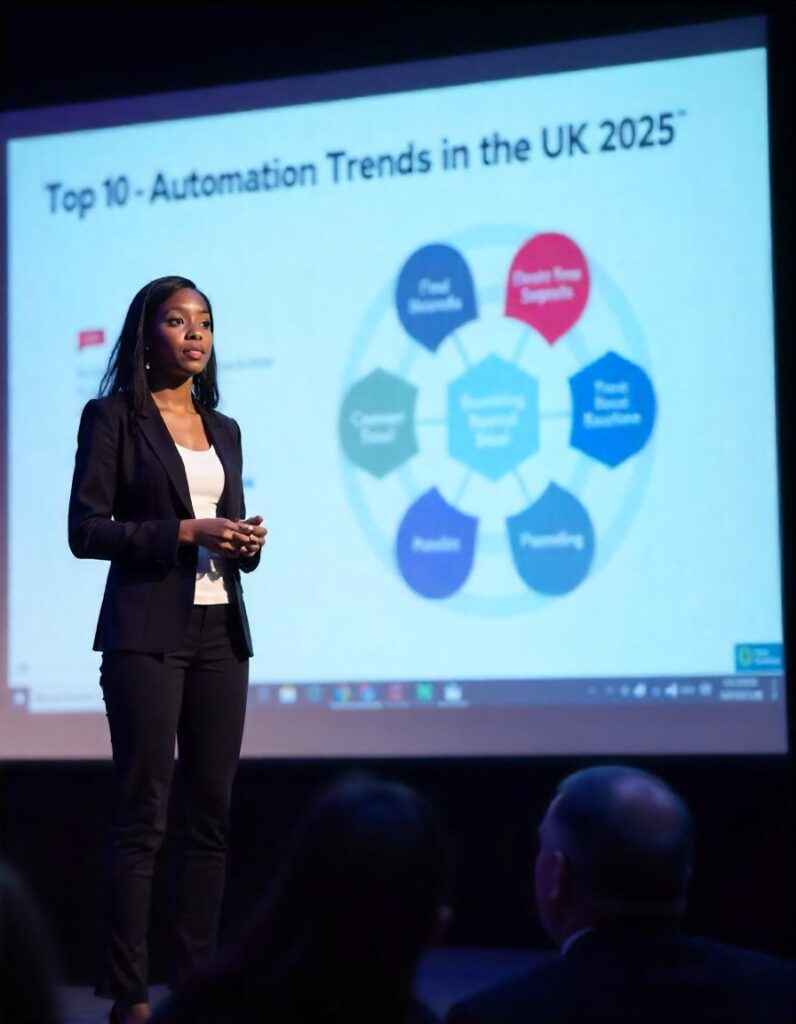One of those tools that changes our lives is artificial intelligence. We won’t go over all of its quirks and problems here, but we will look at how it works with financial software development.
You’ll see how AI can be used to make finance software creation much better. There are tools that can make writing easier and faster.
Using AI in different ways, such as analytically or creatively, can completely change how money works. So, how does the market for banking AI grow?
Do you need help developing AI? You can get in touch with Softrobo for the best AI Fintech Software.
AI Advances are a Driving Force in Fintech
First, let’s take a look at the fintech market as a whole. What does it have to offer us in terms of making software? Check out the picture below to see how fast it has grown. We think it will reach almost $3.25 billion by 2030, up from about $160 billion now. Now let’s look at how AI is used in this case.
Different business data give different exact numbers, but they all agree that AI has more than $8 billion in the fintech market right now. Their guess is that it will have more than $50–$70 billion by the end of this decade, showing steady growth. Now that the market is doing well, let’s look at how AI can be used especially in fintech software development.
Use Cases for AI in Finance
There are many types of fintech apps that help people handle their money, such as personal money planners, microcredit apps, neobanks, and large crypto stocks. The following is a list of some of the most popular financial apps. Keep in mind that there are tens of combinations and other, more specific types.
AI has become an important part of software creation, as well as almost every other industry and area of life. It has changed and improved the way things work. Its huge ability to process information, spot patterns, create new information, and maybe even feel things makes us think about many existential questions.
The AI apps below can be used for a variety of app types, so let’s take a look!
- Depending on the application that is used, business analytics requires different tools for analysis. These tools could be used for planning and managing risk and analyzing economic data in a quantitative manner, with past information to predict future events, automating everyday work tasks and automating daily procedures. Implementing these tools to increase the efficiency of how your company’s operations function can enhance their performance, making you more cost-efficient than your rivals and improving business results.
- AI assistants are powerful AI tools designed to assist individuals in managing their finances and providing expert financial advice. A huge amount of economic data can be used to teach them how to smartly handle money and answer the most difficult and detailed questions about personal budgeting, business growth, investing, trading, and other related money management subjects. It will help all fintech apps, from apps that help you plan your spending to apps that store your cryptocurrency.
- Generative AI is also used by support teams in chatbots, but their main job is to talk to customers, handle their requests and complaints, and help them get what they want. Fintech apps are often complicated because they use a lot of different data and deal with sensitive topics like money. Adding this kind of helpful AI will be very helpful for these apps.
- Algorithmic trading systems are made up of neural networks that have been taught to trade assets on stock and currency markets. Because they can see trade trends coming, they help stock and cryptocurrency apps.
- Automated regulation occurs when artificial intelligence systems inform people which documents they require for each case, which laws to follow, and how to handle all of these rules. AI systems can also assist with hiring new staff members or ensure all paperwork is filled out accurately – this process can be especially helpful for fintech apps as they must adhere to numerous privacy and money regulations.
- Another important topic is AI-driven cybersecurity. Unless you’re making a simple budgeting tool, you need to protect your users’ money most of the time. AI networks can be taught to find bugs, security holes, and ways to get around security. They can also guess how bad people will use them to get around protection and steal money or data from users. You can avoid these problems if you know they’re going to happen, which will greatly improve your security.
Some tools also make the process of programming a lot easier. The GitHub tool Copilot can make coders’ work much easier in many ways. It tells you what code you’ll need during practice, fixes mistakes, and can even make code that you’ve already written run faster. Not only can it be used for fintech, but it can also be used for any software creation.
You can see that it shows different code ideas and recommendations and lets you talk to a developer about the whole project. AI tools can make everything better if they are used correctly, so let’s talk about their pros and cons now.
Benefits of AI in Finance
AI’s most useful contribution to society lies in automating tasks, managing large volumes of data and offering digital assistance. Let’s discuss how AI improves fintech business and software development processes.
- Optimization includes giving clear financial information and helping with development, which makes all of the apps’ features much better.
- Work routines and certain app tasks – like trading stocks – can be easily automated.
- Utilizing AI for money management and other tasks will enhance the user experience considerably.
- Delivering tasks faster while making an app more effective in terms of managing information is key to being productive and competitive in business.
- AI-driven flaws search, suggestion, and repair have made things safer.
Drawbacks of AI in Finance
There are a lot of different ways that AI development could go wrong, ranging from scientists losing their jobs to machines taking over the world. Here, we’ll talk about some unique risks that come with making fintech software.
- Among its chief disadvantages are cost and difficulty of use. To create artificial neural networks, you require extensive knowledge in math and complex formulas; properly training them prior to testing will often cost over $30,000. When adding AI features to an app such as business analytics it could cost even more than $100k.
- Because it is so complicated, it is not possible to check how the AI network works. This makes it less open. It’s hard to understand if you don’t know how your app works or if your AI algorithms are fair, so testing your app often is very important. Also, proper help is needed to make sure that all problems experienced by users are quickly fixed.
- When you depend too much on AI, you should be sure that it will show you the right numbers and give you the right information if you automate everything. In software development, the idea of “garbage in, garbage out” (GIGO) is very useful in this case. It doesn’t matter how good your neural network is; if you give it wrong statistics, wrong financial data, or just trading history that doesn’t matter, you’ll get nothing but confusion.
The Future of AI in the Financial Industry
What do we have now?
It is becoming more and more common to use artificial intelligence in app creation. At every level, apps like Copilot help with making software. They look at the code that was written, guess which changes and options will be useful in any situation, fix mistakes, and give good help in general.
You can’t do as well as hackers who use these kinds of tools if you aren’t ready for the new world.
Fintech applications can make use of various Artificial Intelligence (AI) technology to improve the user experience and improve their value. The analytical abilities of AI can handle massive amounts of financial information to offer additional concise analyses and concepts
Their generative abilities function as financial advisors and service representatives. Moreover, their ability to shift data can be used to fix security gaps or automate processes quicker or rise the efficiency of stock trading.
The market is growing very quickly, so you have a lot of room here. No doubt, AI-based banking is the way of the future, so it will be fun to be a part of it.




